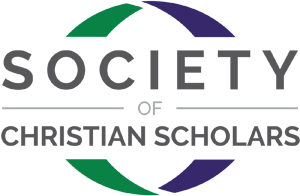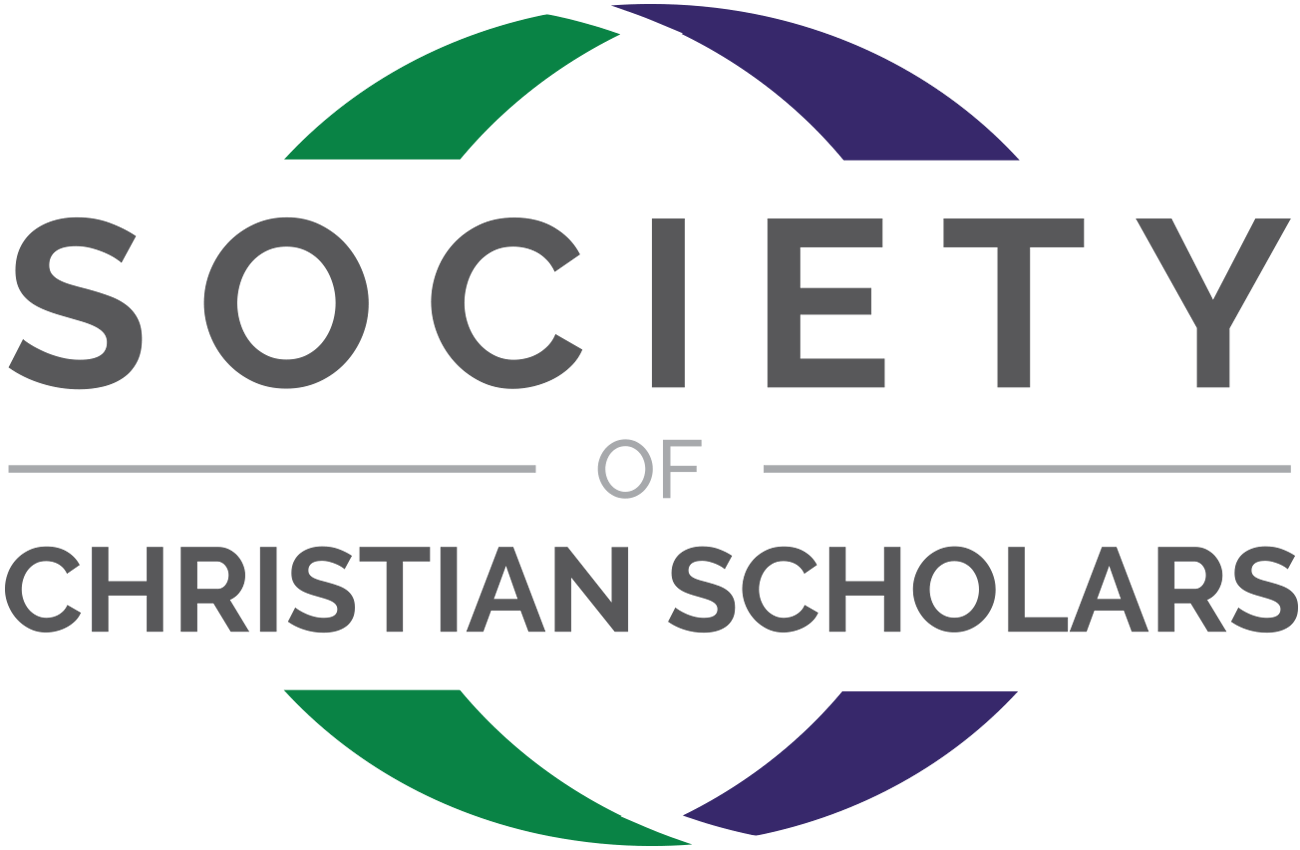Research is the process of putting different pieces of information together to find patterns, correlations, and connections. When conducting research, you want to connect the significance of your topic to other perspectives or compare your topic with how others have thought about it. Research is an iterative cycle of inquiry, discovery and refinement, rather than a straight line. The process of iteration supports progression, however, as it entails not only moving a research project forward but also a deepening awareness of how this project fits within the context of what has come before as well as present realities.
On Thursday, 18 July 2024 at 1400 UTC, Dr Jim McCloskey, Library Director and Associate Professor at Wilmington University, DE (USA), will offer one perspective on the research process, acknowledging that other non-Western approaches might offer important nuances. In research, there is an element of exploration, careful observation, unpredictability, and reflection. Research can be frustrating because there are so many directions in which to go, but it is also exciting and rewarding when you have forged your own path and arrived at your own destination. This workshop will help you take the essential steps as you proceed through the stages of the research process.
The research stages to be discussed include:
- Planning –
- Define the problem
- Choose your topic and scope
- Search for, manage and review the literature
- Develop research questions
- Designing
- Formulate a theoretical framework
- Develop a measurement plan or methodology for the variables in the research questions
- Develop a data collection plan
- Operationalizing
- Collect data
- Determine how to analyze the data
- Organize and synthesize your findings
- Recommendations
- Disseminate results
Resources Mentioned
- Elsevier Journal Finder – Matches title, abstract, keywords, and field of research to Elsevier journals indexed in Scopus.
- Manuscript Matcher – Matches title and abstract to journals indexed in the Web of Science. Requires a free Clarivate account, or use your existing login for Web of Science, EndNote, or InCites.
- Jane (Journal/Author Name Estimator) – Matches title and/or abstract to journals, authors, or articles. Utilizes PubMed, MEDLINE, and the Directory of Open Access Journals.
- Open Access Journal Finder – Matches manuscript abstract with keyword-targeted open access journals. Validates through the Directory of Open Access Journals.
- Directory of Open Access Journals – Database containing over 15,000 peer-reviewed open access journals.
- Journal Indicators – Journal indicators can be helpful for finding impactful publications in your field. See the HSLS guide for more information.
- CORE– Searches across a range of international repository content.
- SSRN – Provides over 1 million research papers in the social sciences, including economics, law, corporate governance, and humanities
- ArXiv – A free distribution service and an open-access archive for scholarly articles in the fields of physics, mathematics, computer science, quantitative biology, quantitative finance, statistics, electrical engineering and systems science, and economics.
- OpenDOAR (Directory of Open Access Repositories) – Search by country, content type, subject, repository type, software and/or name of repository or organization. Founded and managed by non-profit, open-access advisory and service organizations.
- Registry of Open Access Repositories (ROAR) – Search by country, software, repository type, Library of Congress call number and institutional association. ROAR is hosted by the University of Southampton, UK.
- https://thinkchecksubmit.org/ – Identify trusted publishers for your research. Through a range of tools and practical resources, this international, cross-sector initiative aims to educate researchers, promote integrity, and build trust in credible research and publications.


